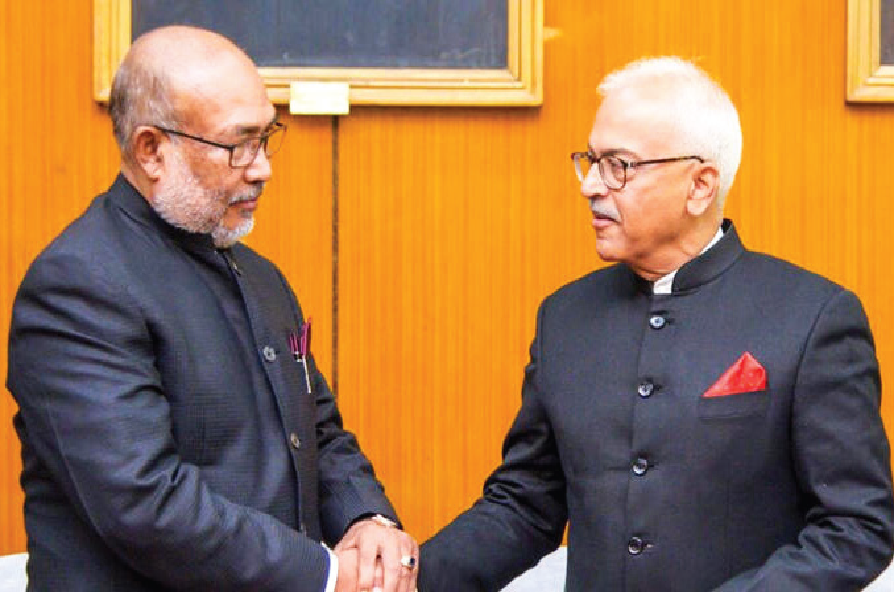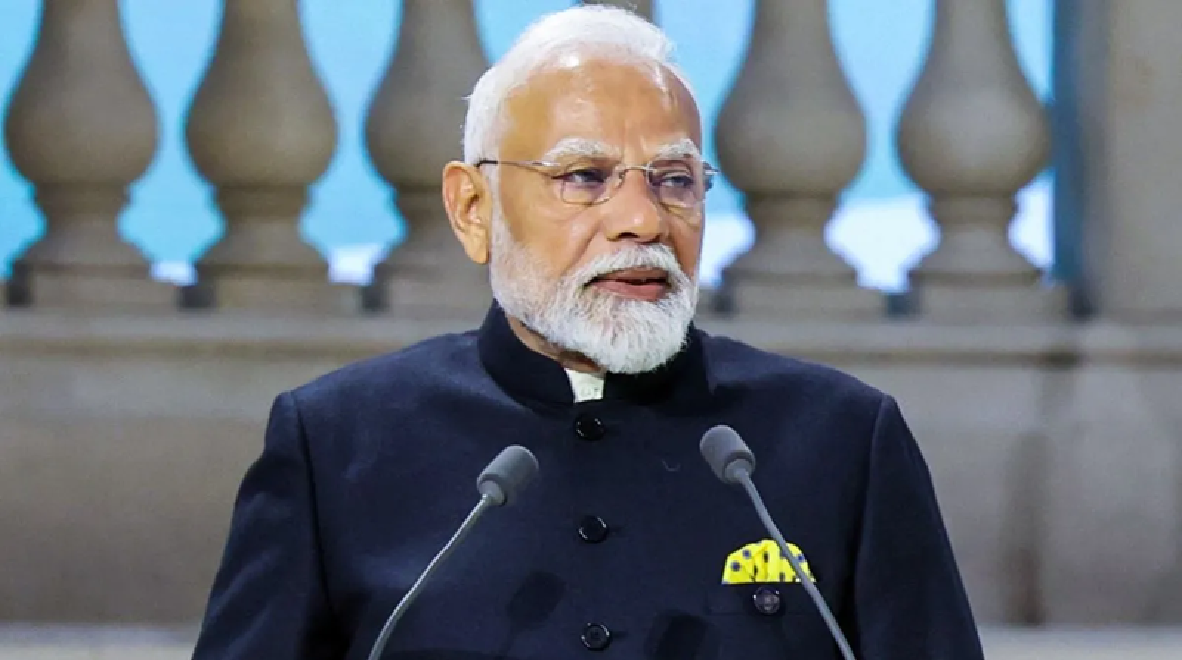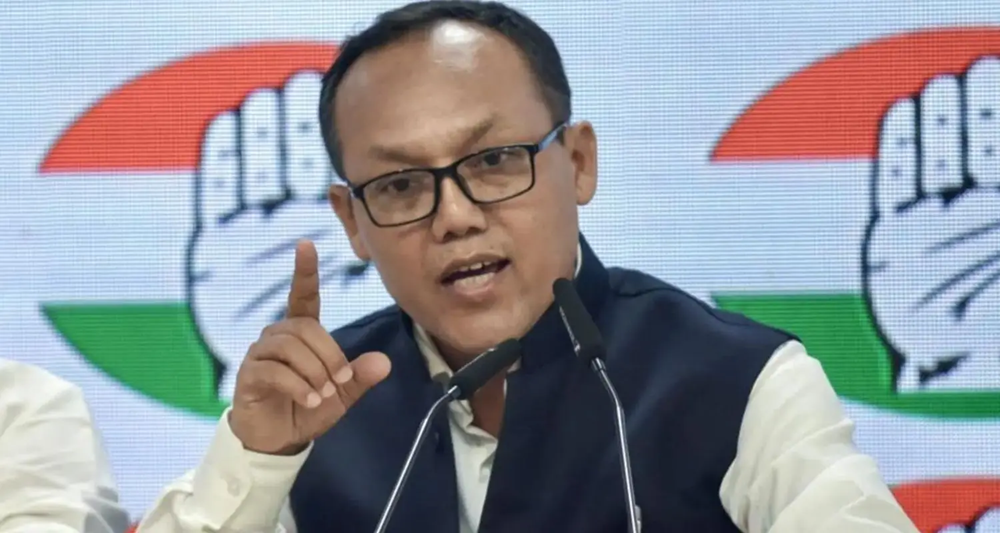
Five years on, 45,000 IMA victims await repayment
Hameed Ashraf | NT Bureau
Bengaluru: On June 9, it will have been five years since the I-Monetary Advisory (IMA) Ponzi scam unravelled but despite recovery beginning in 2021, more than 45,000 victims are still waiting for repayment.
Mohammad Mansoor Khan established IMA in 2006. It was a Ponzi scheme, meaning a scammer accumulates sizeable funds with which he doles out handsome returns to early investors.
This encourages those getting the returns to invest even more. When enough money is gathered, the person running the operation flees.
IMA and its sister companies lured mostly Muslim victims, promising high returns on halal investment, meaning that the company didn't take or pay any interest on the invested amount as it is considered 'haram or forbidden in Islam.'
Khan accumulated massive capital and made varied investments but more than 69,000 investors were left in the lurch after the scam was busted in June 2019.
Rs 88.12 cr of Rs 5k cr recovered
IMA Claims Management System recovered a meagre amount after the Competent Authority appointed by the Karnataka government auctioned the company’s properties and distributed Rs 19.12 crore and Rs 69 crore in two tranches in 2021 and 2023 respectively.
Some 6,000 recipients of the first tranche had been those who had invested Rs 50,000 or less. The settlements add up to Rs 88.12 crore.
However, total losses to the investors in 14 companies have been conservatively estimated at Rs 5,000 crore with the IMA losses alone amounting to Rs 2,500 crore.
The Competent Authority wants to auction other immovable assets it seized from the IMA Group and its directors, valued anywhere between Rs 350 and Rs 375 crore.
However, these properties are attached by the Enforcement Directorate (ED), which is probing the money laundering aspect of the case. The Competent Authority is expected to move the ED court, seeking clearance to auction the assets in question.
Invested in gold, land, hospitals
Khan presented IMA as an Islamic banking company, which expanded and diversified in 2013 to other businesses like gold (IMA Jewels), real estate (IMA Builders and Developers), multispecialty hospitals and other ventures.
Khan roped in local politicians and Muslim religious leaders to legitimize and popularize his company. When investors started getting massive returns, Khan’s legend grew and his scam's scope boomed.
Decline began in 17'
The scam continued into 2017 but as with other Ponzi schemes, investments started drying up and the returns began to shrink. The company backed off from its 7 to 8 per cent return guarantee.
The returns declined from an initial 9 per cent to 5 per cent. By mid2018, the returns were down to 3 per cent. That number shrunk to 1 per cent in February 2019 and by May, it was down to nothing.
Investors approached various offices of the company, only to find them shut. Khan was flooded with investment withdrawal requests but didn’t respond and went underground in June 2019.
The investors, most of them from poor and middle class backgrounds, began agitating, forcing a Central Bureau of Investment (CBI) probe into the case.
Meanwhile Khan, who had fled to Dubai, posted a video threatening suicide, claiming corruption at the governmental level.
IMA had claimed to work on a Limited Liability Partnership (LLP) basis and that the investments didn’t accrue interest. “Mansoor used to advertise his scheme claiming it is based on halal investments. Many of the investors who signed an agreement with the IMA, might not be aware of what an LLP is,” an investigating official said.
Syed Parvez who had invested Rs 3 lakh with IMA, said: “Hope everything ends on a good note. Hope is all we have now. I'm thankful to the State government and the authorities who are working to recover our money.”
Mansoor had objected to a special court’s 2023 order approving attachment of his properties to clear the investors’ dues.
However the Karnataka Protection of Interest of Depositors in Financial Establishments Act (KPIDFE), the CBI special court and ED are keen to liquidate the assets to enable repayment to the victims.
 English daily published in Bengaluru & Doha
English daily published in Bengaluru & Doha






